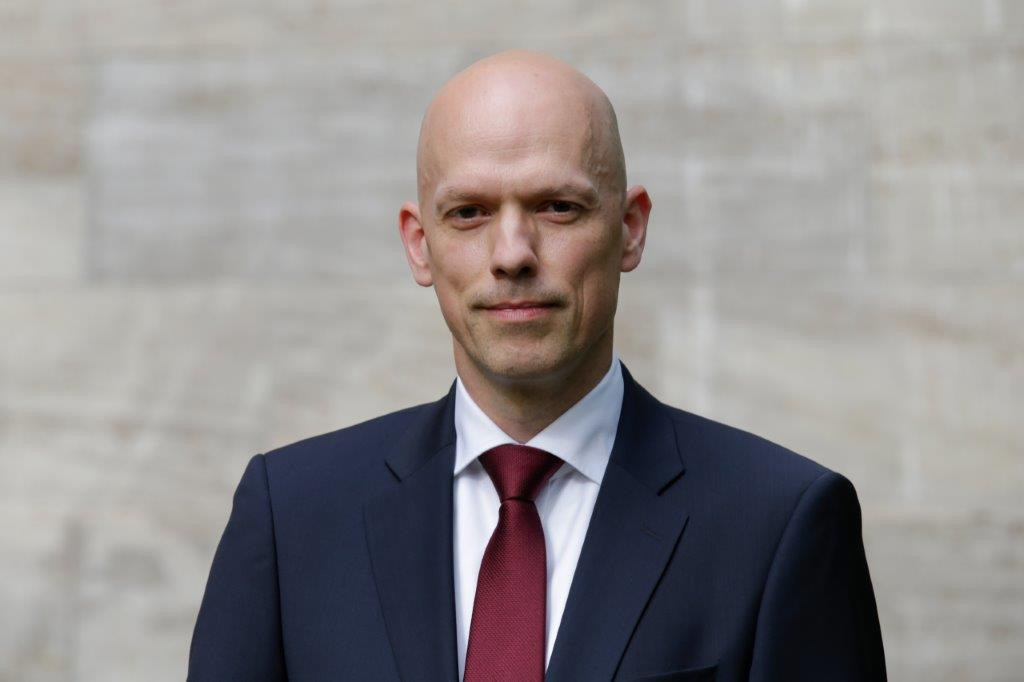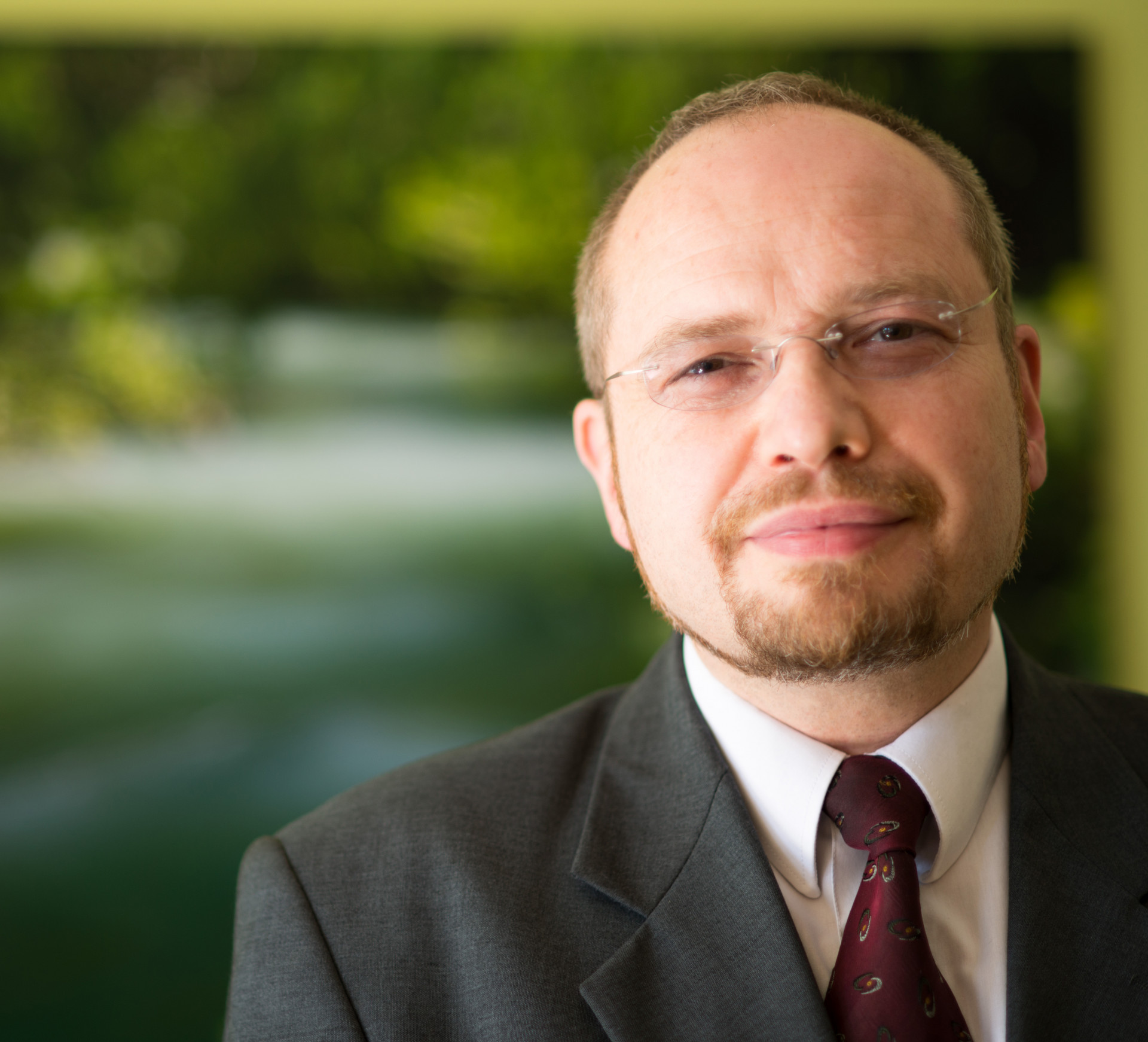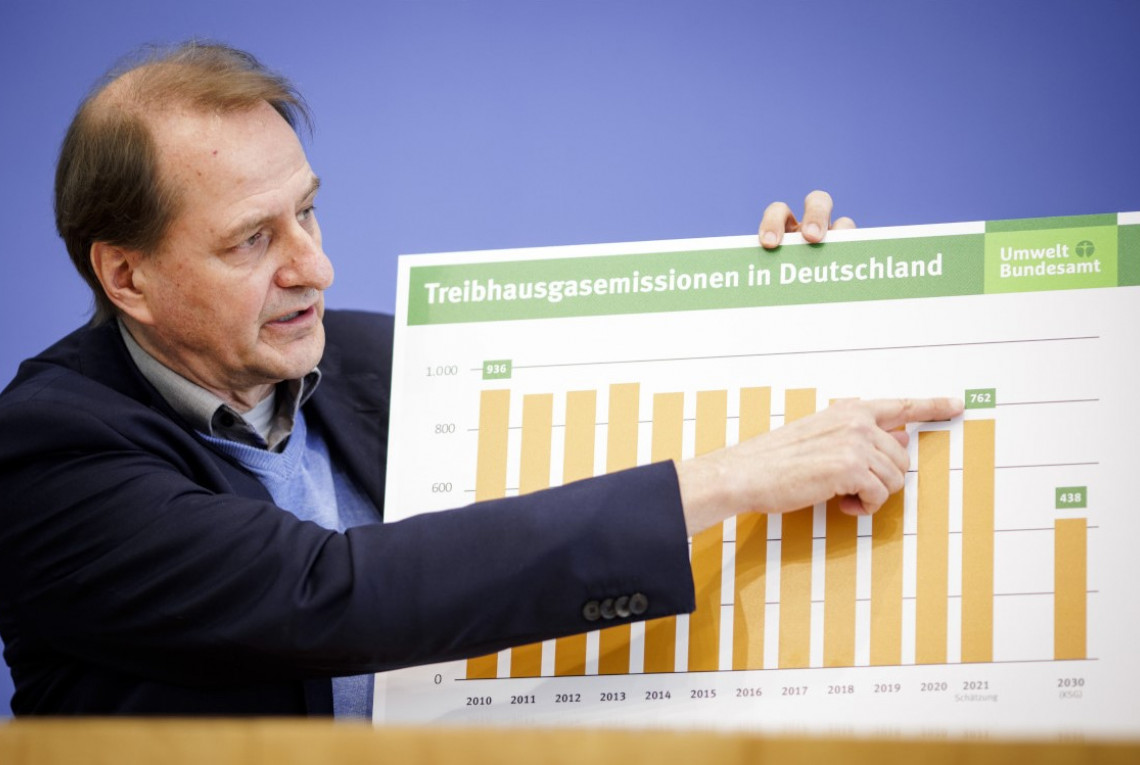Climate action, fairness and the right to a future


Many young people are frustrated by current climate policy and worried about their future health and safety. Increasingly often, litigation revolves around whether a lack of climate action is unfairly disadvantageous to young people and future generations. But what would climate action that’s fair to future generations actually involve?
“Wir sind hier, wir sind laut, weil ihr uns die Zukunft klaut!” This chant (literally: “We are here, we are loud, because you're stealing the future from us!”) has accompanied the protest demonstrations of the Fridays for Future movement in Germany since its inception. It’s sure to be heard again during the next climate strike on September 23. The chant concisely sums up a conflict: Young people, the “we” of the Fridays for Future movement, feel that they are being cheated of their future by the generations of their parents and grandparents. They fear that climate change will lead to a loss of security and prosperity and also be hazardous to their health.
Youth particularly affected
Young people find it unfair that previous generations have made a major contribution to climate change but haven’t accepted limits on their lifestyles to protect the climate (and in many cases still don’t want to), while they and future generations (everybody born in the coming decades) will have to make do with a much smaller carbon budget in order to keep global warming under two degrees. On top of that, not only do young people have to expect greater restrictions on their personal freedom, they are already affected more today by the impact of climate change than earlier generations.
It’s true that most historical carbon dioxide emissions occurred in the last six decades, predominantly in Western industrialized countries, and that global carbon dioxide emissions increased continuously from 1960 to 2019. But the extent to which responsibility for climate action follows from that is a contentious issue. How might a more equitable allocation of the burdens of climate change look? Young activists agree that faster and better climate action is needed because the only way to ensure that the responsible generations will bear a significant part of the resulting burden is to make greater efforts to combat climate change now. But to many young people, political processes take too long. One way to exert pressure and force decisions is litigation.


Climate protection in court
Working with other young people and several environmental protection organizations, Sophie Backsen, who is studying agriculture in Kiel, has filed a constitutional complaint with Germany’s Federal Court of Justice against what she sees as inadequate climate policy on the part of the German government. The court ruled in her favor in April 2021, and the government had to revise its climate protection targets. Protection against the effects of climate change is not a basic right, but the previous regulations called for most emissions reductions to take place only after 2030. According to the Federal Constitutional Court, this violated the plaintiffs’ civil rights. This case was the most successful climate-related suit filed in Germany to date. “This generation of politicians is postponing the biggest reduction efforts into our future, but more needs to be done now to keep future generations from being overly constrained,” says Backsen. Even though the court’s ruling is a major success for the climate, Backsen says it’s far from enough: “There’s still a lot of room for improvement. After all, no concrete stipulations were made. But the ruling is a good basis for future demands.” In her view, the prospects of future generations need to be given more consideration in all major public projects like the mobility transition in order to ensure intergenerational justice.
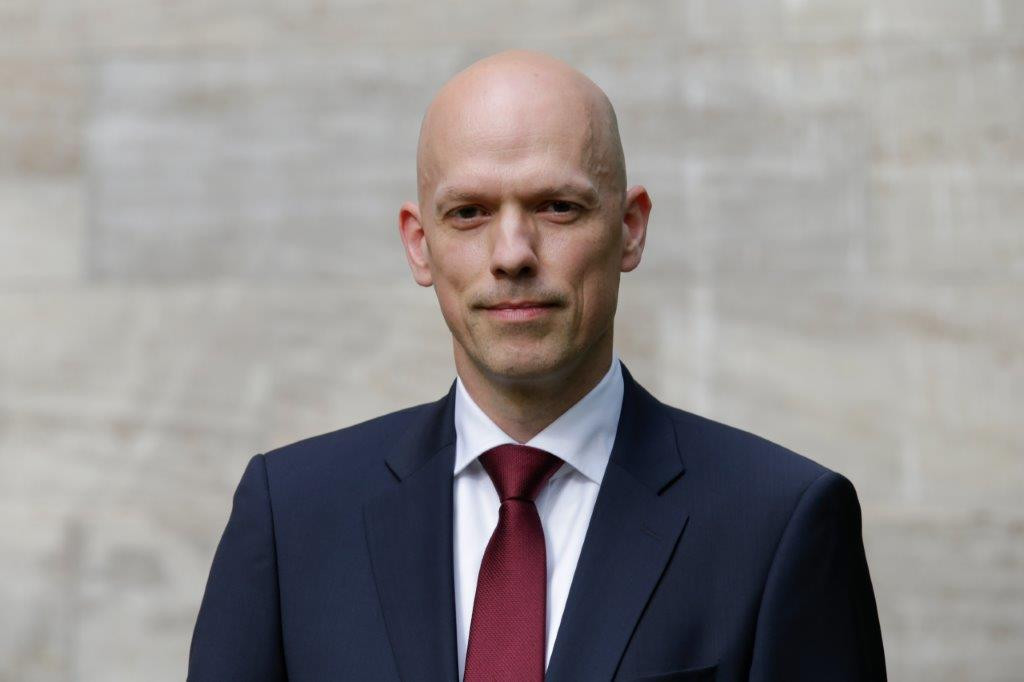
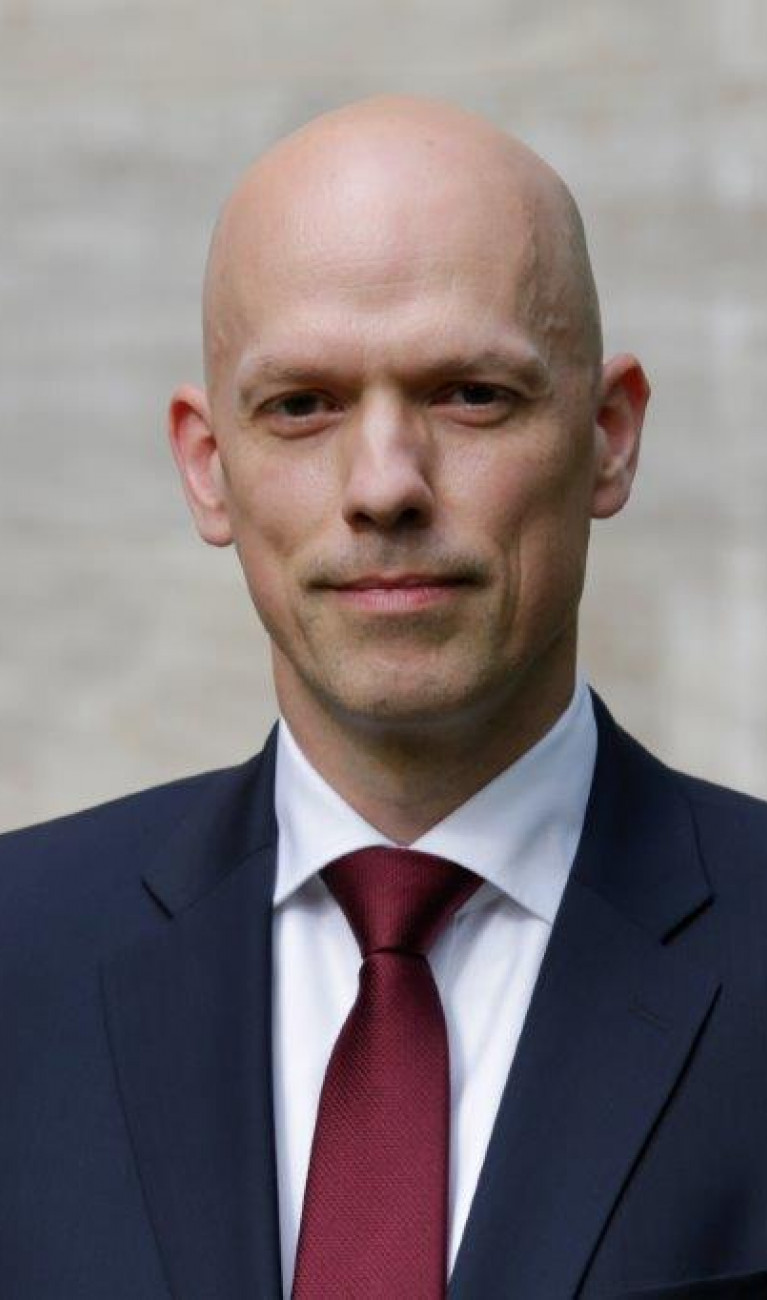
A ruling that sends a signal
Christian Bickenbach, a professor of administrative law at the University of Potsdam, also sees the success of the climate suit before the Federal Constitutional Court as a ruling that sends a signal. He researches climate-related litigation and notes that there are many other climate suits in progress. However, they are still being heard in the first instance, for example in regional courts. So the rulings in these cases can be appealed and then retried before higher courts. He assumes that the suits, depending on their outcomes, will be passed on to other courts so that final rulings can only be expected in the years to come. But already, in keeping with the aims of strategic litigation, the cases are bringing more attention to the issue of climate justice.
“But in the end, these cases can only provide an impetus. Lawmakers need to take the initiative and specifically address the fair distribution of climate-related burdens. This political discussion is not a matter for the courts. Intergenerational justice belongs in parliament,” says Bickenbach.
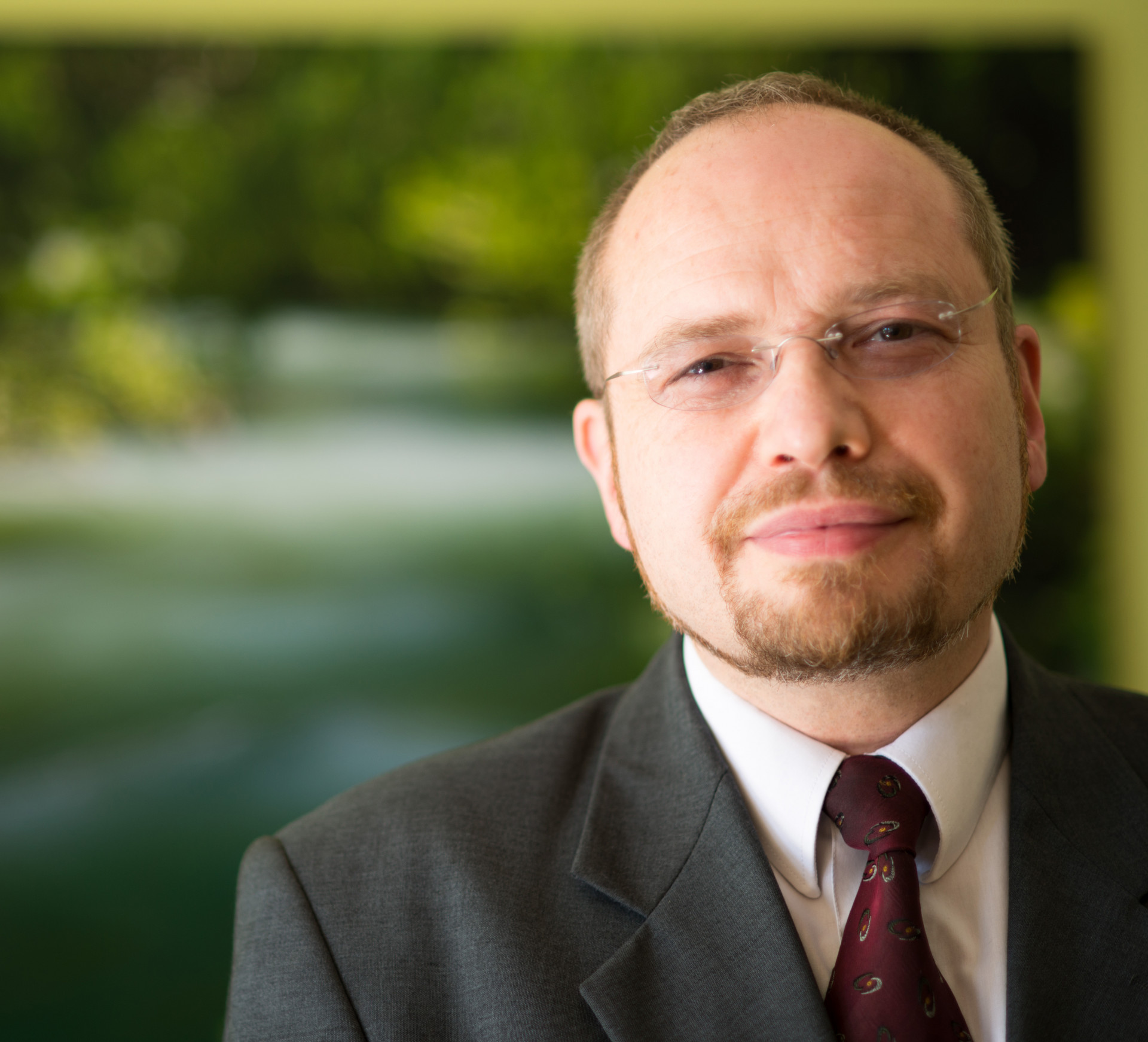
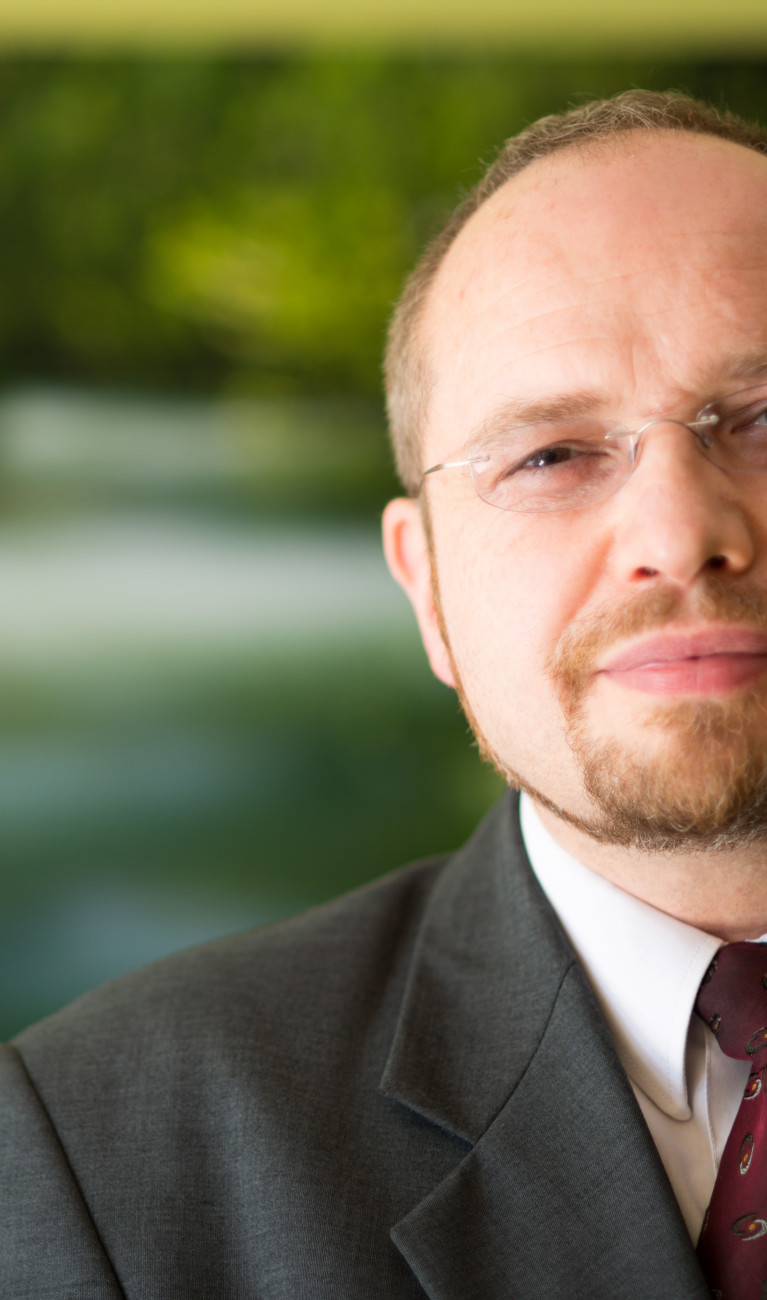
What is fair?
But can fairness be quantified? And if so, how? Science can provide some guidance on this. Sustainability economists agree on the issue that, from an economic perspective, quick climate action is not only fairer toward future generations, it’s also more efficient. “The later we act, the more expensive it will be for society in the end,” says Erik Gawel, professor of economics at the Helmholtz Centre for Environmental Research in Leipzig. While people may find climate protection measures burdensome today, the actual costs of such measures are much lower than those resulting from irreversible changes in the Earth system, he says.
According to Gawel, the greatest intergenerational injustices appear when one “zooms in” on the current decades in which great efforts need to be made for the transformation while the adverse effects of climate change are becoming noticeable. But, he says, this is exactly why climate action is worthwhile in the long run: “Climate action today aims to provide for fairness by relieving future generations and leaving them with a decarbonized economic system.”


